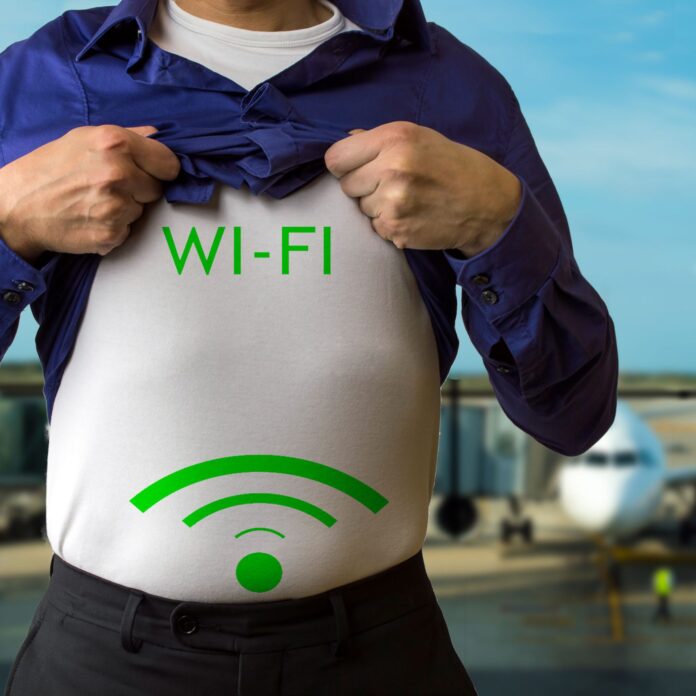Wi-Fi Alliance sets up task force to study how LTE-U and Wi-Fi can share same spectrum
WASHINGTON – The war may not have a clear winner, but the hostility between Wi-Fi and LTE-Unlicensed may soon be abating. The Wi-Fi Alliance announced it intends to hold a workshop next month in Palo Alto, Calif., to lay out the proposed guidelines for the coexistence of LTE-U and Wi-Fi.
The debate over LTE-U and Wi-Fi is seen in some circles not as a debate over technology, but business. Wi-Fi proponents like Google are wary of the LTE-U system supplanting Wi-Fi, while companies like Verizon Wireless and Qualcomm have embraced LTE-U, which shares unlicensed frequencies with Wi-Fi, potentially squeezing market share from Wi-Fi. Concerns that LTE-U could actually interfere with Wi-Fi signals have thus far not been supported by evidence.
To hopefully put the debate to rest, the Wi-Fi Alliance formed the Coexistence Task Group with the goal “to study coexistence mechanisms enabling shared use of unlicensed spectrum and to define Wi-Fi network baseline performance evaluation. The group is exploring key aspects of coexistence from a Wi-Fi perspective, and fair and equal access to the medium.”
Major LTE-U proponents such as Qualcomm, Verizon Communications, Ericsson and Samsung have accepted invitations to make presentations before the task group next month. LTE-U has gained ground in the debate since launching a new trade association of its own, the LTE-U Forum, which includes wireless industry trade associations CTIA and the Competitive Carriers Association, Alcatel-Lucent, AT&T, Qualcomm, T-Mobile US and Verizon.
The LTE-U and Wi-Fi supporters have sniped at each other through Federal Communications Commission filings, but thus far the commission hasn’t taken a side. The FCC has, however, asked for more information on how LTE-U systems work and is monitoring the debate.
The Wi-Fi alliance noted it would like the unlicensed space to remain as unregulated as possible. “An environment with minimal regulation has served us well for over 30 years,” Wi-Fi Alliance President and CEO Edgar Figueroa said. “We believe the industry can address coexistence.”

